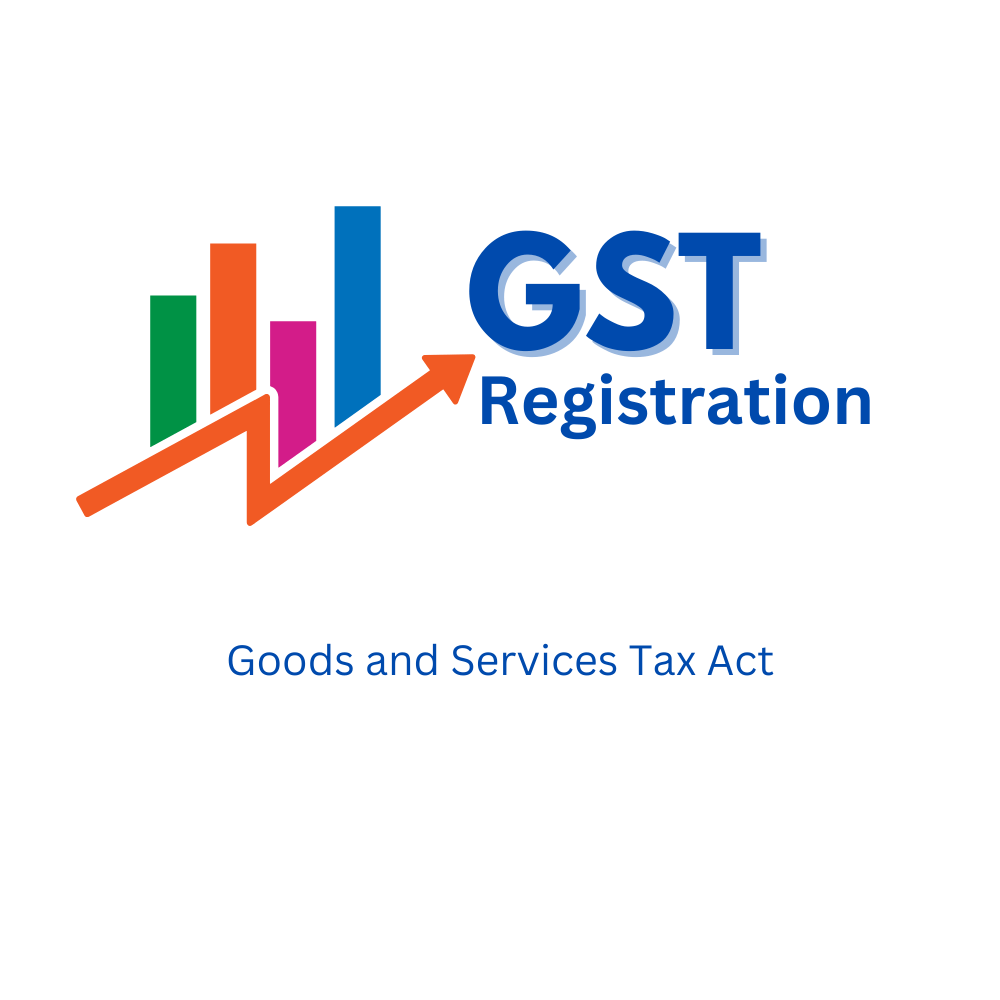Singapore GST Registration: What You Required to Know Prior To Using
Wiki Article
The Ultimate Overview to Streamlining the GST Registration Refine and Requirements for Local Business Owners

Understanding GST Essentials
To realize the basics of the Item and Solutions Tax Obligation (GST) system, small company owners have to initially understand its underlying concepts and implications. GST is a value-added tax imposed on the majority of products and services for domestic usage. It intends to improve the taxes procedure by replacing several indirect tax obligations enforced by the state and main governments. Under the GST program, services are needed to register and accumulate tax in behalf of the federal government, making certain transparency and conformity.One of the crucial principles of GST is input tax obligation credit, which allows services to assert credit scores for taxes paid on their acquisitions. Recognizing these standard principles is essential for little service proprietors to browse the intricacies of the GST system and ensure conformity with the law.
Eligibility Requirements for Registration
Having established a foundational understanding of GST concepts, tiny service proprietors need to now satisfy certain eligibility criteria to proceed with the registration procedure (Singapore GST Registration). Services that were registered under the previous tax routine (BARREL, service tax, and so on) are also mandated to sign up under GST. Farming companies that just supply produce out of key production are exempt from GST registration.Records Needed for GST Registration

Simplified Enrollment Process Actions
Complying with the collection and verification of the requisite records, the enrollment procedure for GST his response can be navigated through a collection of streamlined steps designed to facilitate reliable compliance for small business proprietors. The primary step entails checking out the GST portal and picking the 'New Enrollment' option. Ultimately, the applicant must complete Part A of the GST REG-01 kind with details such as PAN, mobile number, and e-mail address to obtain an OTP for confirmation. When the OTP is received and gotten in, a Short-term Reference Number (TRN) is produced for further process. The next step requires filling in Part B of the form with essential company information, uploading supporting records, and finishing the verification procedure using DSC or EVC. Ultimately, upon successful confirmation, an Application Reference Number (ARN) is issued, suggesting the completion of the GST registration process. By following these simplified actions, local business owners can successfully register for GST and make sure compliance with tax policies.Tips for Ensuring Compliance
To keep governing adherence and functional honesty, diligent oversight and aggressive you can check here measures are pivotal in guaranteeing compliance with GST requirements for tiny business owners. Local business proprietors must remain updated with GST policies, filing target dates, and any type of modifications in tax prices to stay clear of fines and preserve a good standing with tax obligation authorities. One crucial idea for compliance is to maintain comprehensive and accurate documents of all deals, including invoices, expenditures, and invoices associated with GST. Consistently integrating economic documents with GST returns can assist in identifying and rectifying any type of discrepancies without delay. Furthermore, carrying out regular inner audits or looking for expert help can make certain that business is following all GST regulations appropriately. It is likewise crucial for small company owners to purchase GST-compliant audit software that can streamline the tax obligation filing process and minimize mistakes. Attending GST awareness workshops or training programs can enhance understanding and conformity with GST laws, inevitably benefiting the company in the long run.
Conclusion
Finally, small company proprietors must recognize the basics of GST, fulfill the qualification standards, collect required records, and adhere to the streamlined registration process actions to make certain conformity. By simplifying the GST registration procedure and demands, small company owners can prevent penalties and run their organizations efficiently within the legal structure - Singapore GST Registration. It is vital for little business owners to remain enlightened and compliant with GST policies to keep a successful business procedureSmall business proprietors looking for GST registration must ensure they gather and submit the needed files to finish the registration procedure successfully. The documents needed for GST enrollment typically consist of proof of service enrollment or unification, PAN (Long-term Account Number) card of the business entity, identity and address evidence of the promoters/partners/directors, pictures, address evidence of the area of service, financial institution account statements or canceled cheques, and consent kinds. Going to GST recognition workshops or training programs can boost understanding and conformity with GST policies, eventually benefiting the business in the long run.
By streamlining the GST enrollment process and demands, tiny organization owners can avoid charges and run their services find out efficiently within the lawful structure. It is vital for tiny business proprietors to stay compliant and enlightened with GST regulations to preserve a successful service procedure.
Report this wiki page